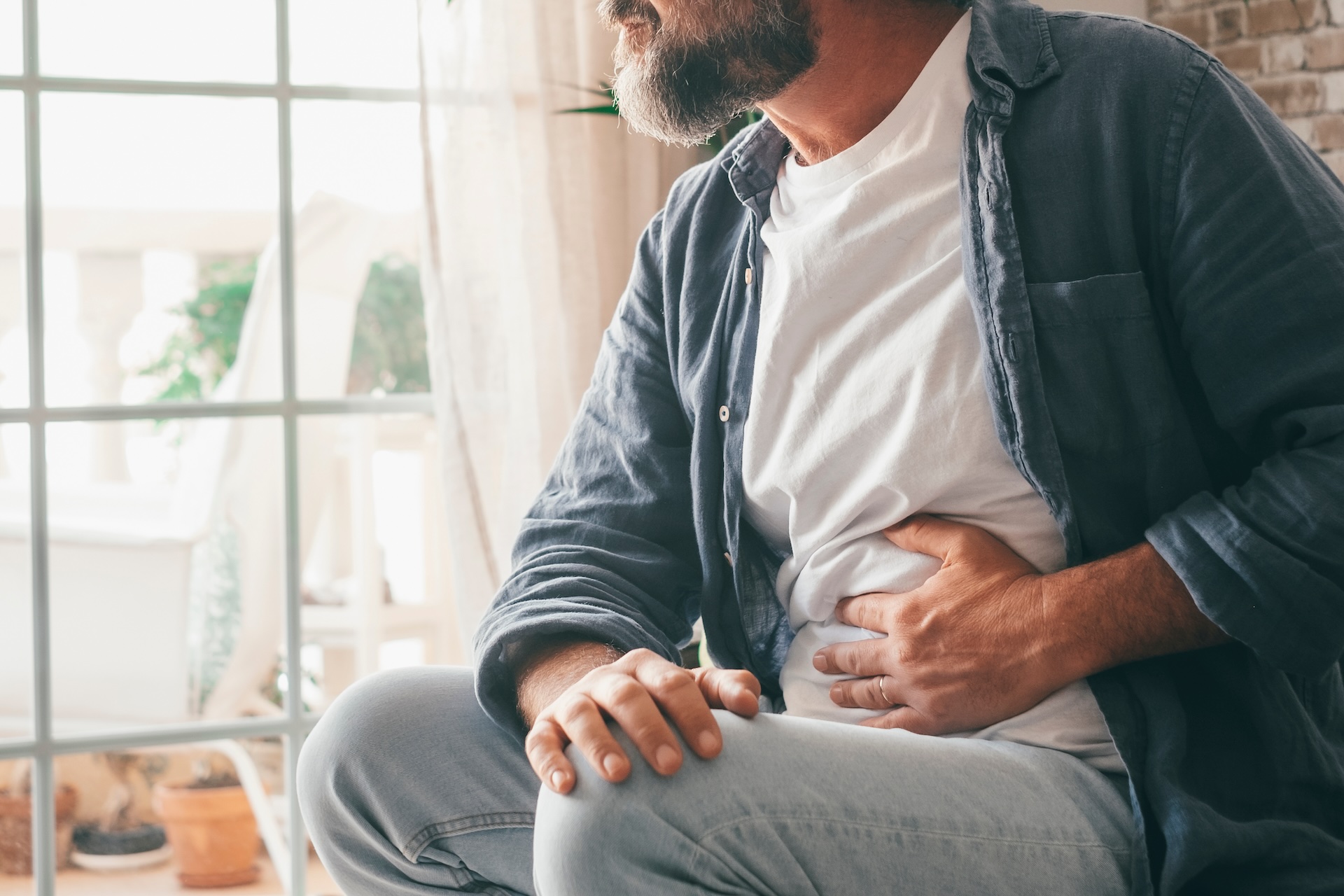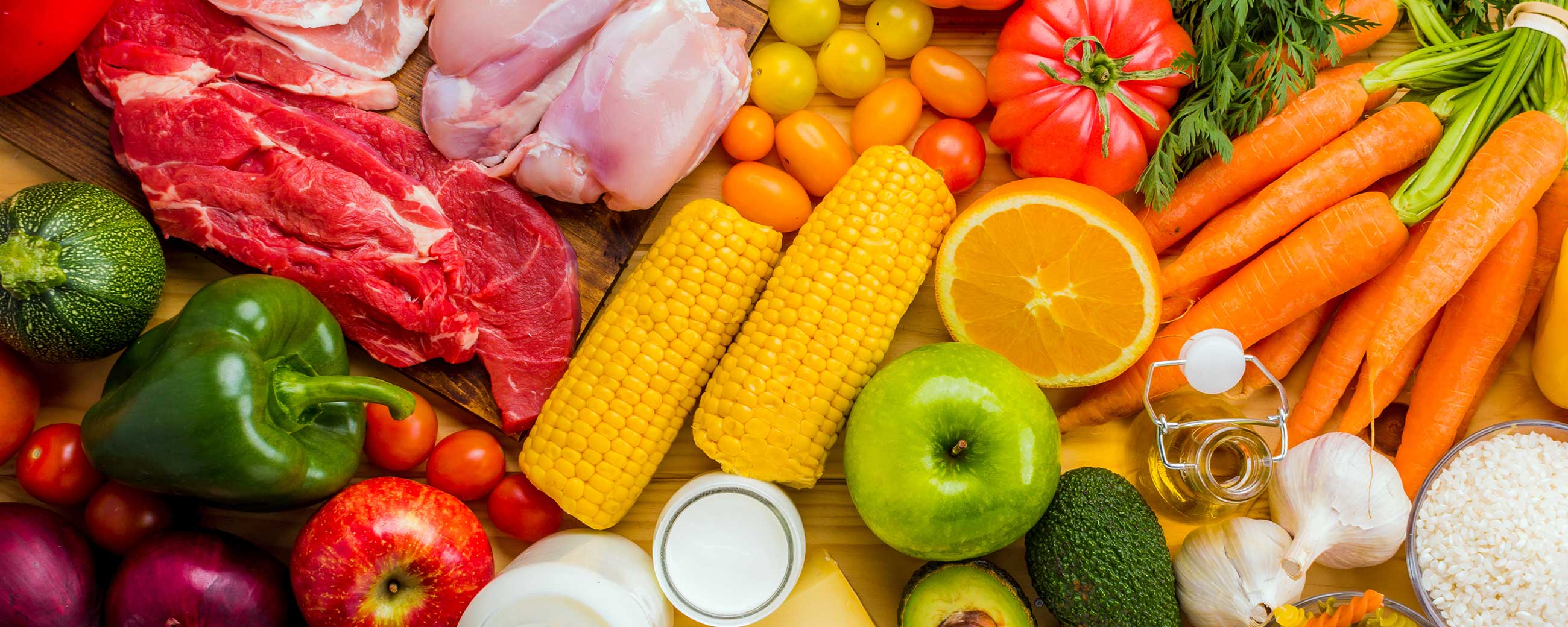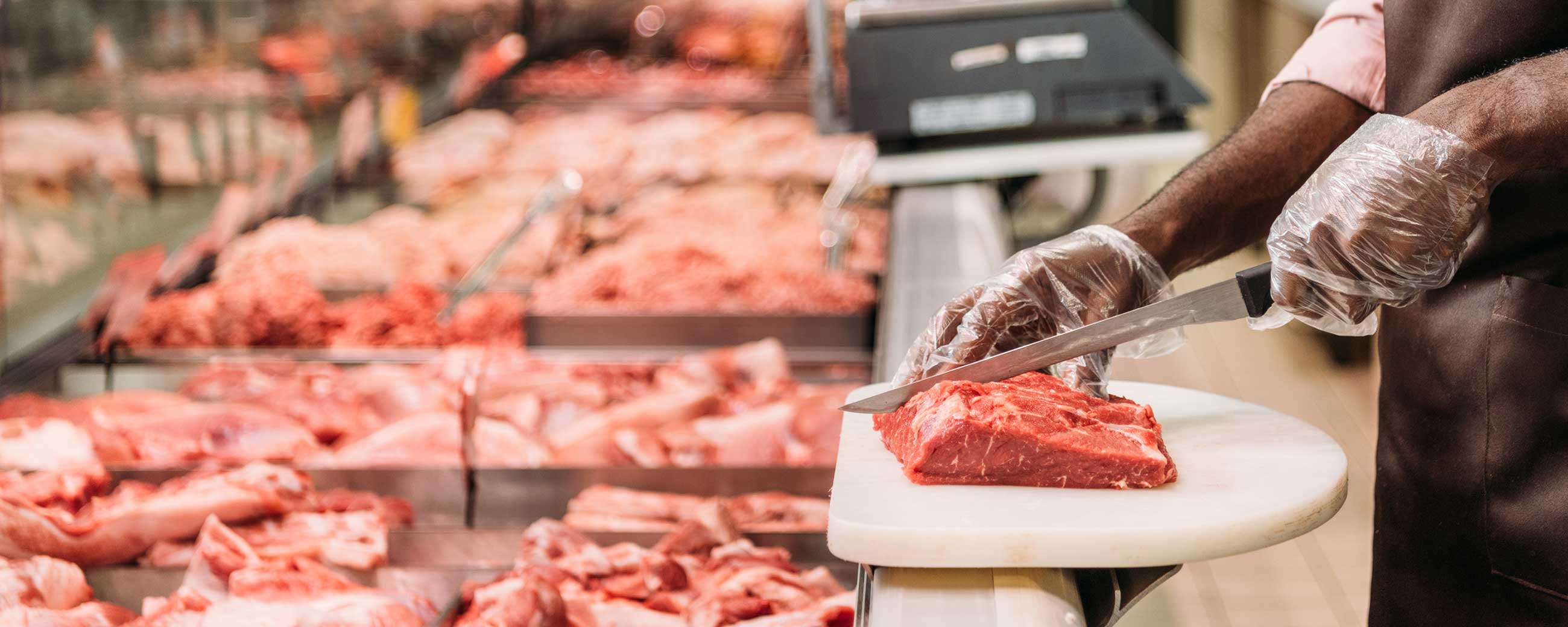
Is Keto Bad For My Gut?

Ask Theresa is a weekly advice column by Theresa Link. A Virta Health Coach since 2015 and a loyal follower of the ketogenic lifestyle, Theresa is a Registered Dietitian who is an expert in living a metabolically-healthy life.
In this week's column, Theresa unravels the bowel mysteries of how being on Virta might alter your poop and the real need for fiber. When ketosis shifts the dietary rules, you may reduce your restroom visits, but not necessarily your digestive health. Whether on a carb-heavy or ketogenic diet, your gut thrives differently.
❓Question:
Theresa,
I started Virta 2 weeks ago. I’ve already lost 5 lbs and I’m off one of my meds, so I’m pretty happy about that. The only problem is that I can’t poop. Well, I can poop, but I just go less often than I used to because I’m no longer getting all that fiber from beans, oatmeal, and whole wheat bread. My friend told me that because it’s low fiber, keto can be bad for my gut. Is that true? Should I be worried?
Sincerely,
Pooped over Poop
👩🏻💻 Theresa:
Dear Pooped,
All it takes is a quick scroll through social media to overwhelm you with ads claiming to ensure flawless bowel movements. Moreover, if you consult with most medical professionals about your BMs, the advice you usually get is to either increase or decrease your fiber intake, leaving you to sort it out by yourself. Forget about incorporating the physiological complexities of nutritional ketosis into the equation! In essence, there's a great deal of uncertainty surrounding fiber, gut health, ketosis, and how to demystify your number twos. Let’s dive in.
Demystifying Your Number Twos
Foods rich in carbohydrates typically contain fiber and various sugars that affect how often and how well you poop. Insoluble fiber is not broken down in the gut, so it passes through your intestinal tract mostly unchanged until it reaches its endpoint. Generally, the more fiber you eat, the larger, softer, and more frequent your bowel movements will be. Moreover, certain sugars in carbs like lactose (milk sugar), fructose (fruit sugar), fructans (wheat), and sugar alcohols like sorbitol and mannitol are poorly absorbed. These sugars essentially glide through your intestines as if on a slip 'n slide until they reach the colon where they ferment. This fermentation draws more water into the colon, altering the frequency and consistency of your stools.
When you limit your carbs to an amount that promotes nutritional ketosis, you end up consuming fewer of these sugars and insoluble fiber. It’s not surprising that you might go less often, which is normal! Your body is literally producing less waste when you follow a ketogenic diet. The good news is you can save money on toilet paper.
Keep in mind, if you're experiencing infrequent bowel movements accompanied by pain or straining, it's important to contact your Virta health coach and provider. It's likely that you may need more fluids and sodium, but we aim to tailor our recommendations to your specific circumstances.
Do You Really Need All That Fiber?
Pooping less isn’t a big deal as long as you’re not experiencing pain, excessive straining, or bloody stools. The big deal is ensuring that your gut is getting adequate fuel.
Speaking of adequately fueling your gut, a certain type of fiber - called soluble fiber - provides an indirect fuel source to your gut by feeding the bacteria. Most of us have heard by now that we have “good” and “bad” gut bacteria, so keeping the good guys fed and happy is important to keep the bad guys in check. Soluble fiber is found naturally in oats, beans, fruits, vegetables, nuts, and seeds.
Ketones Can Fuel the Gut, Too!
If you’re eating a diet rich in carbs, you need soluble fiber because it provides food for the friendly bacteria in your gut. Like tiny wizards, those bacteria transform the food into something called short chain fatty acids. It’s the short chain fatty acids - not the fiber - that provide the fuel source your gut needs to function optimally. Whoa!
And just like that, you’ve got your honorary PhD in microbiology.
When you’re in ketosis, your body functions according to a different set of rules. This includes how it utilizes fat, sodium, and yes – fiber. Now get ready for your brain to explode: ketones provide your gut with a direct source of short chain fatty acids, essentially skipping the middleman (or woman) that is fiber. At the end of the day, it’s the short chain fatty acids your gut needs to be fed and happy. It’s just a matter of how it gets them.
Here’s the straight poop (pun intended): if you eat a diet rich in carbs, you need fiber. If you’re in ketosis, you might not.
This blog is intended for informational purposes only and is not meant to be a substitute for professional medical advice, diagnosis, or treatment. Always seek the advice of your physician or other qualified health provider with any questions you may have regarding a medical condition or any advice relating to your health. View full disclaimer
Are you living with type 2 diabetes, prediabetes, or unwanted weight?









